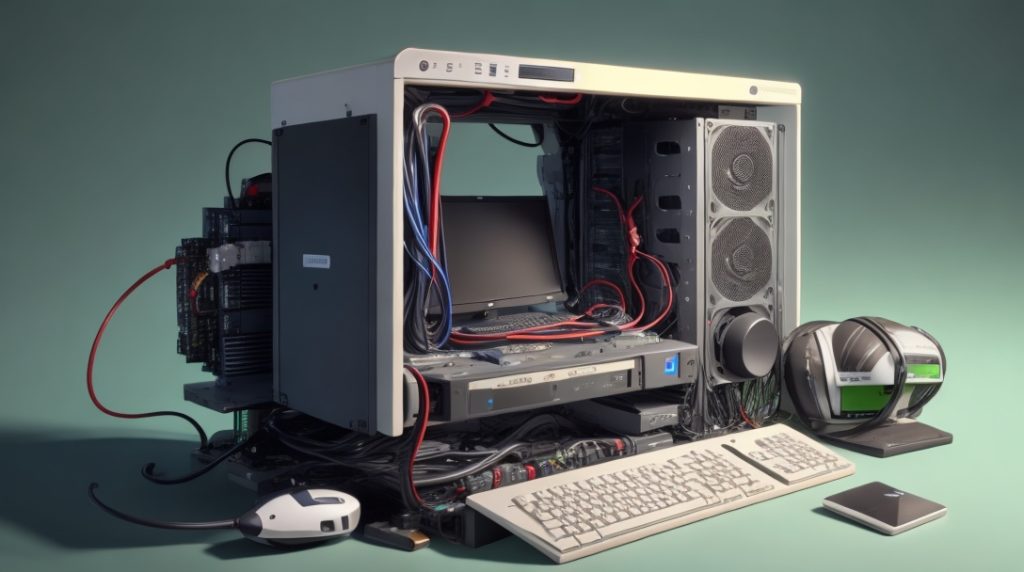- Healthcare: IoT has greatly impacted the healthcare industry, facilitating remote patient monitoring, smart medical devices, and real-time data analysis. Connected devices allow healthcare professionals to remotely track patients’ vital signs, ensuring timely interventions and personalized care.
- Manufacturing: IoT has revolutionized manufacturing processes, leading to the emergence of “smart factories.” Connected sensors and devices enable real-time monitoring of equipment performance, predictive maintenance, and improved supply chain management. This results in increased productivity, reduced downtime, and streamlined operations.
- Agriculture: IoT has brought forth the concept of “smart farming,” enabling precision agriculture and optimizing crop production. Sensors embedded in fields provide real-time data on soil moisture, temperature, and nutrient levels. This data helps farmers make informed decisions, optimize resource utilization, and increase yields.
- Transportation: IoT is transforming the transportation industry, leading to the development of intelligent transportation systems. Connected vehicles, traffic sensors, and smart infrastructure work together to optimize traffic flow, reduce congestion, and enhance overall safety. IoT also plays a crucial role in fleet management, optimizing routes, and monitoring vehicle performance.
- Retail: In the retail sector, IoT enables personalized shopping experiences and efficient inventory management. Connected devices such as beacons and RFID tags provide real-time data on customer preferences and stock levels, allowing retailers to offer targeted promotions, streamline supply chains, and enhance customer satisfaction.
- Energy: IoT has revolutionized the energy sector by enabling smart grids and energy management systems. Connected sensors monitor energy consumption, detect faults, and optimize energy distribution. This results in reduced energy wastage, lower costs, and a more sustainable approach to energy management.
- Smart Homes: IoT has transformed traditional homes into smart homes, offering homeowners increased convenience, energy efficiency, and security. Connected devices such as smart thermostats, lighting systems, and security cameras can be controlled remotely, allowing users to manage their homes efficiently and enhance safety.
Conclusion: The Internet of Things (IoT) has become a driving force in various industries, revolutionizing processes and enabling new possibilities. From healthcare to manufacturing, agriculture to transportation, and retail to energy, IoT applications are reshaping the way businesses operate. Embracing IoT technology can bring numerous benefits, including increased efficiency, optimized resource utilization, and enhanced customer experiences.
If you're looking to leverage the power of IoT for your business, partner with new.globus.studio/. We specialize in providing comprehensive IoT solutions tailored to your specific needs. Contact us today to unlock the potential of IoT and propel your business into the future.

